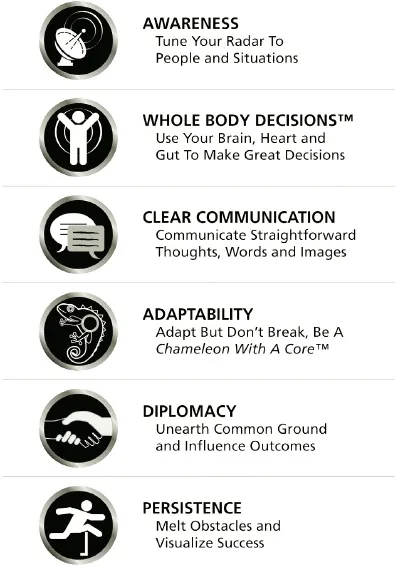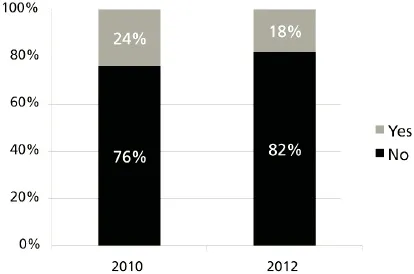
Managing Project Stakeholders
Building a Foundation to Achieve Project Goals
Tres Roeder
- English
- ePUB (adapté aux mobiles)
- Disponible sur iOS et Android
Managing Project Stakeholders
Building a Foundation to Achieve Project Goals
Tres Roeder
À propos de ce livre
The keys to project management success delivered by one of the world's most respected experts in the field
Why do some project managers achieve their project goals while others fail? Drawing on his years of experience as a recognized global expert on project management and organizational change, author Tres Roeder answers that question, and lays out a proven path to project success.
Focusing on the major differences between project management and other types of management—not least of them being the temporary nature of projects versus the repetitive nature of most managerial tasks—Roeder describes best practices in all key areas of managing project stakeholders.
- A recognized global expert on project management provides the foundational elements required for project management success
- Contributes toward the fulfillment of the continuing education required every three years to maintain PMP® accreditation
- Uses real-world scenarios and relevant case studies to present project management concepts to beginning and intermediate PMP®s
- Contains chapters on Leadership, Buy In, and Negotiation for more advanced project managers
(PMP and Project Management Professional are registered marks of the Project Management Institute, Inc.)
Foire aux questions
Informations
Section Four
General Stakeholder Management Skills

Chapter Ten
Leadership
It is better to lead from behind and to put others in front, especially when you celebrate victory when nice things occur. You take the front line when there is danger. Then people will appreciate your leadership.Nelson Mandela
Project Leaders
A Sixth Sense for Project Management®
- Project manager surveys.
- Scientific research and related articles.
- Scientific and project management conferences.
- Extensive discussions with professional project managers.
- Consultations with various additional subject matter experts.

Project Managers Are Leaders
Project Managers Must Deliver Results
| Leadership Is Required When . . . | Do Projects Typically Include This Element? |
| People are unsure what to do. | Yes |
| There are different viewpoints. | Yes |
| A result must be delivered. | Yes |
| People have to work together. | Yes |
Most Project Managers Do Not Have Direct Authority
Project Managers Must Work through Other People
